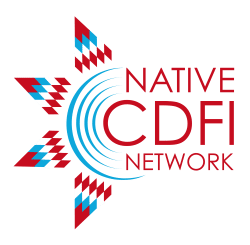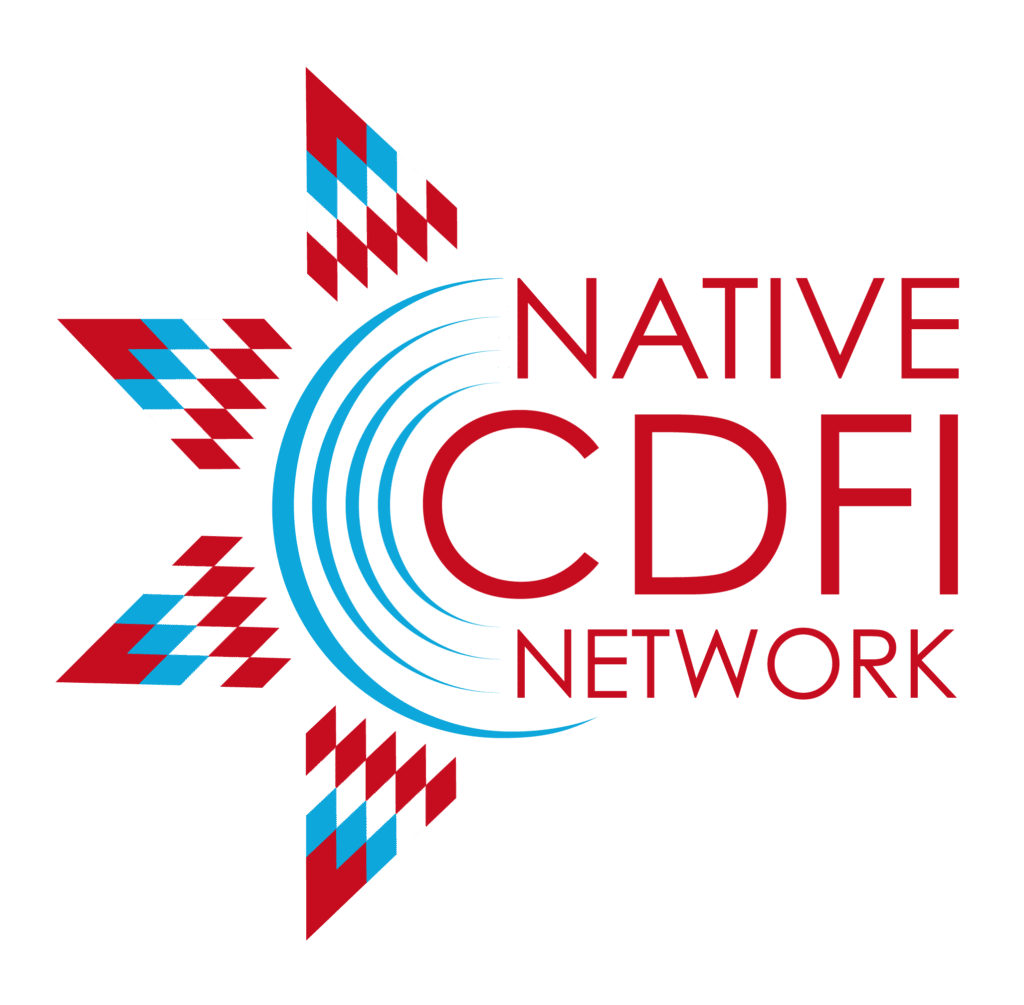Native CDFI leaders from across the country shared their priorities and concerns regarding a number of critical issues with U.S. Department of the Treasury and CDFI Fund officials, a group that included Chief Lynn Malerba, Treasurer of the United States, and Noel Andrés Poyo, Treasury’s Deputy Assistant Secretary for Community Economic Development. Treasury and CDFI Fund scheduled the Listening Session in response to ongoing requests from the Native CDFI Network (NCN) and Native CDFIs to discuss topics ranging from the forthcoming changes to the CDFI Certification application and related regulations to Native American CDFI Assistance (NACA) Program funding and updates to the NACA Financial Assistance and Technical Assistance award processes.
Following remarks from Treasurer Malerba, Deputy Assistant Secretary Poyo, and other federal agency representatives, close to 20 Native CDFI leaders verbally shared their perspectives about the relationship between Native CDFIs and Treasury and the CDFI Fund, ways to enhance communication between them, and the vital need for the new CDFI Certification application and related regulations to empower and not limit the flexibility of Native CDFIs to provide customized programs, services, and loan products to Native communities that address their distinct needs and goals. Among the highlights:
- Deputy Assistant Secretary Poyo confirmed that the CDFI Fund will be releasing the new CDFI Certification application and regulations and reopening the Certification process this fall.
- Treasurer Malerba committed Treasury and the CDFI Fund to “regularly engage” with Native CDFI leaders. To that end, NCN CEO Pete Upton invited key Treasury and CDFI Fund officials and staff to participate in a networking gathering event at NCN’s Annual Policy and Capacity Building Summit in early December to build and deepen working relationships between Native CDFIs and the agencies.
- In his remarks, NCN CEO Pete Upton described NCN as a messenger and conduit for sharing the voices of Native CDFIs with the federal government. He also likened the work of Native CDFIs to building 10,000 piece puzzles for fostering economic development in Native communities, stressing that for many Native CDFIs, those pieces necessarily include the types of loan products and development services the CDFI Fund sought to prohibit or limit in its proposed CDFI Certification reforms.
- Christopher Coburn, CEO of the Osage Nation’s new CDFI, stated that CDFI Certification “is the key that unlocks so many other opportunities for Native CDFIs,” explaining that while he recognizes the CDFI Fund is trying to “weed out bad actors” with the CDFI Certification changes, those bad actors “aren’t us.”
- Nixyáawii Community Financial Services Executive Director Dave Tovey declared that “capital formation in Indian Country is the last frontier of economic development. There is still a lot of leakage to other providers and financial institutions. Until we can capture our own capital and grow it, I think we’re going to struggle.”
- Four Bands Community Fund Executive Director Lakota Vogel shared some encouraging new data showing a significant uptick in demand for small business loans among Native entrepreneurs in her CDFI’s service area, explaining the data reflects an “untapped small business loan market in many of our Native communities,” and that Native CDFIs need to be funded appropriately to meet that need.”
In conjunction with the Listening Session, Treasury is accepting written or electronic comments from Native CDFIs that are received by September 15, 2023 at 11:59 p.m. Alaska Time. Comments can be submitted at [email protected].

